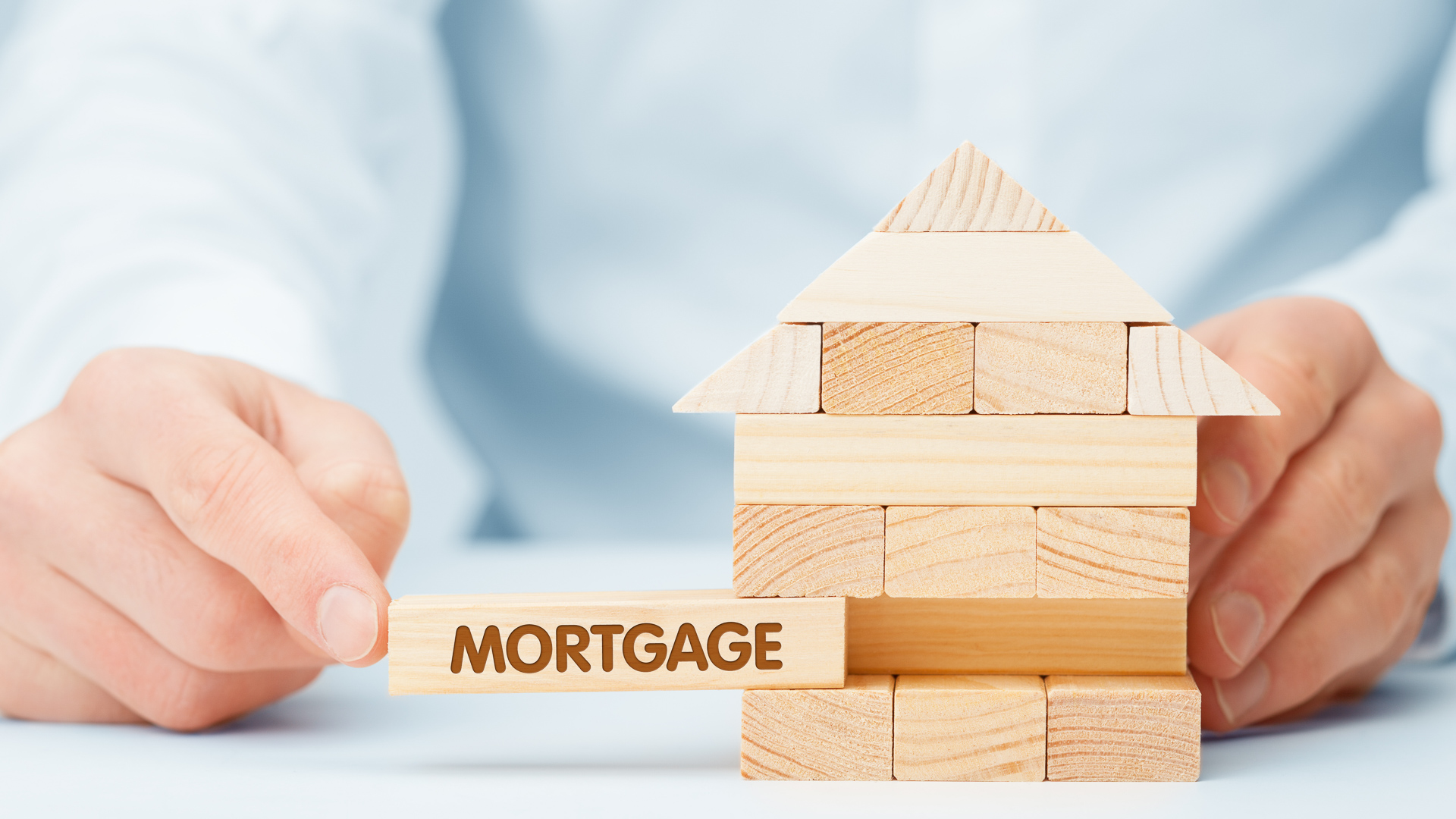This week I had a great chat with Tyler Plett, a mortgage specialist with RBC and a very good friend that helped get me started in this career. Tyler helped me get my first mortgage, helped me get a home line of credit to do renovations on my first house, and helped me get into my first rental property. Needless to say, Tyler has been with RBC for 11 years and has a wealth of knowledge in all things mortgage-related.
Tyler is a fantastic resource, especially if you’re a first-time homebuyer. He knows that purchasing a home is a major step and one of the biggest purchases people will make in their lifetime. To that end, here are some of the best pieces of advice Tyler provided over the course of our chat.
Keep things balanced
Tyler is a strong advocate for ensuring that purchasing a home adds to your quality of life, not take away from it. What he means by this is that you don’t want to find yourself in a position where your mortgage payment limits you from enjoying other aspects of your life that you prioritize, like dining out, traveling, etc. His advice is to think of six months to a year down the road and consider how happy your new home will make you if you find yourself having to limit other things in life that you enjoy.
As Tyler put it, “life isn’t that enjoyable if all your money if going towards your mortgage payment.”
First-time homebuyer incentives
RSP withdrawal program
For first-time homebuyers, there is an RSP withdrawal program that allows you to take up to $35,000 out of an RSP account to put towards the purchase of a home. You don’t have to pay taxes on that withdrawal, but that amount does have to be paid back into the RSP account over the course of 15 years, starting within two years of the withdrawal date.
Government mortgage contribution
As well, there is a fairly new program that started in 2019 where the government will make a contribution towards the down payment of your home (5 – 10% depending on the property). This will have the effect of lowering your mortgage payment. While this may sound tempting, there are certain aspects to consider. It’s important not to view this as free money – the amount needs to be repaid when the house is sold based on the original input.
Therefore, the program essentially allows you to trade a portion of ownership of your property in exchange for a lower mortgage payment. If you do decide to sell your home down the road and you’ve put a lot of time and money into improving the value of your home, the government will still get a percentage of that sale price even though you were the one to put in the work.
Get the pre-approval process started early
Even if you’re not planning on purchasing a home for a few months, getting the pre-approval process started early will help you stay within your budget and range when you first start to look at homes so that you’re not disappointed down the line if the mortgage you qualify for is lower than the purchase price of the homes you’ve already been looking at. This ensures that you know what price range you can comfortably shop within and there are no surprises down the line.
Don’t let your emotions over-exceed the asking price
Often when someone falls in love with a house, they find themselves in a situation where they’re competing with multiple other offers and the bidding drives the price up significantly. As Tyler noted, purchasing a home is a very emotional experience and having a realtor that can help keep you grounded and realistic in terms of knowing the true value of the home and keep your budget in mind can be a valuable asset during the offer and bidding process. See point #1 – keep things balanced!

